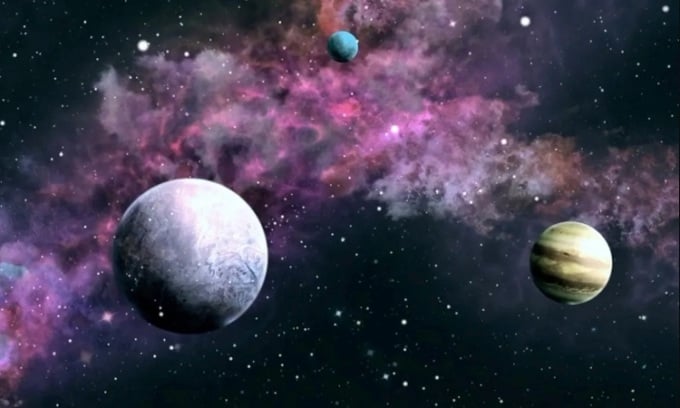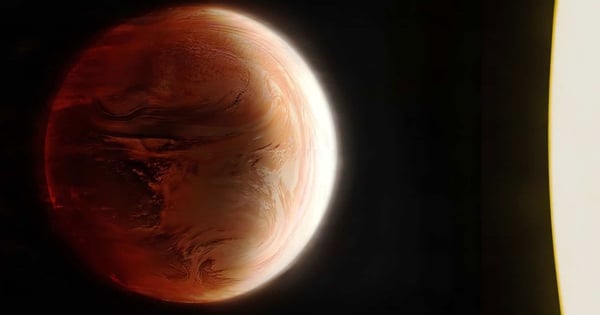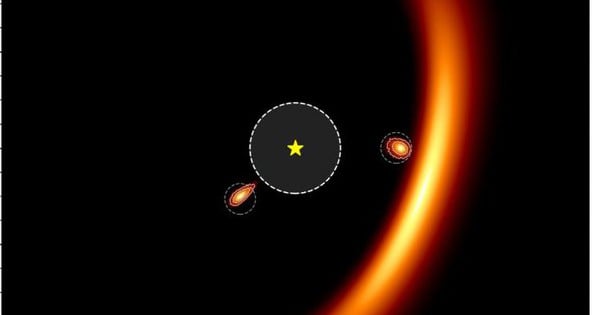Astronomers estimate there are about 100,000 trillion billion planets in the universe based on the assumption that every star has a planet orbiting it.

Researchers have only discovered 5,510 planets in the Milky Way. Photo: NASA
There are about 100 billion stars in the Milky Way alone, and there are trillions of galaxies in the universe. Astronomers have discovered 5,502 planets orbiting other stars (called exoplanets) in the Milky Way. If you add the eight planets in our solar system, that number jumps to 5,510 known planets. Counting planets is a difficult task, and astronomers are sure there are many more that we have yet to discover.
"Although we know of just over 5,000 planets now, we can estimate that there is one planet around every star," said Mark Popinchalk, an astronomer at the American Museum of Natural History in New York. "The Milky Way has 100 billion stars, so the number of planets is probably about the same. We can't give an exact number."
Popinchalk likens trying to figure out how many people live in a city without looking it up online. To get an exact number, you could go to every single person and count them, but that’s impossible. Instead, it’s much easier to make an estimate based on the number of people living in a household and the number of families in the city.
Astronomers estimate that each star has approximately one planet based on observations. Scientists use two different techniques to search for exoplanets, including the transit method used by the Kepler space telescope and the radial velocity method that led to the Nobel Prize-winning discovery of 51 Pegasi b. With both methods, astronomers look at the star rather than the planet, looking for subtle signs of a planet's existence, such as a dip in starlight when a planet passes in front of it or a wobble in the star caused by the planet's gravity.
All the planets discovered so far are in our own galaxy. No one knows for sure whether they will find an extragalactic planet, simply because they are too far away and difficult to observe. A technique called microlensing has revealed several possible extragalactic planets.
In Popinchalk's analogy, calculating the number of planets in the universe is like figuring out how many people live in every city on Earth. "If the Milky Way has about 100 billion planets, and there are a trillion other galaxies, each with as many planets, we can multiply that and come up with 10,000 trillion billion planets in the universe," Popinchalk said.
With such a large number of planets, people often speculate that there must be at least one other planet in the universe that supports life. We will have to wait at least a few more decades for the next generation of space telescopes dedicated to observing exoplanets, such as the World Observatory, to begin searching for life in the galaxy.
An Khang (According to Live Science )
Source link







































Comment (0)